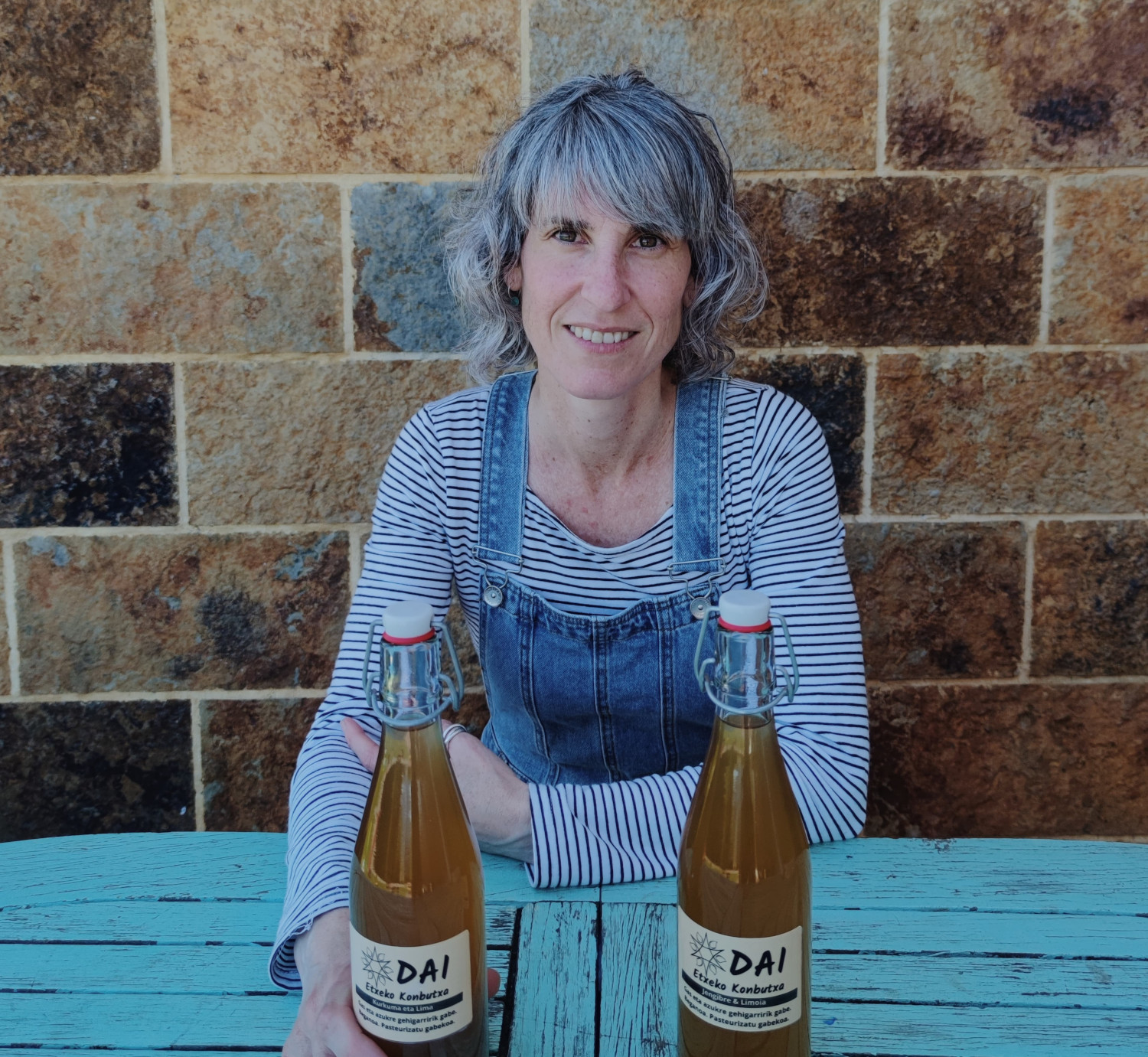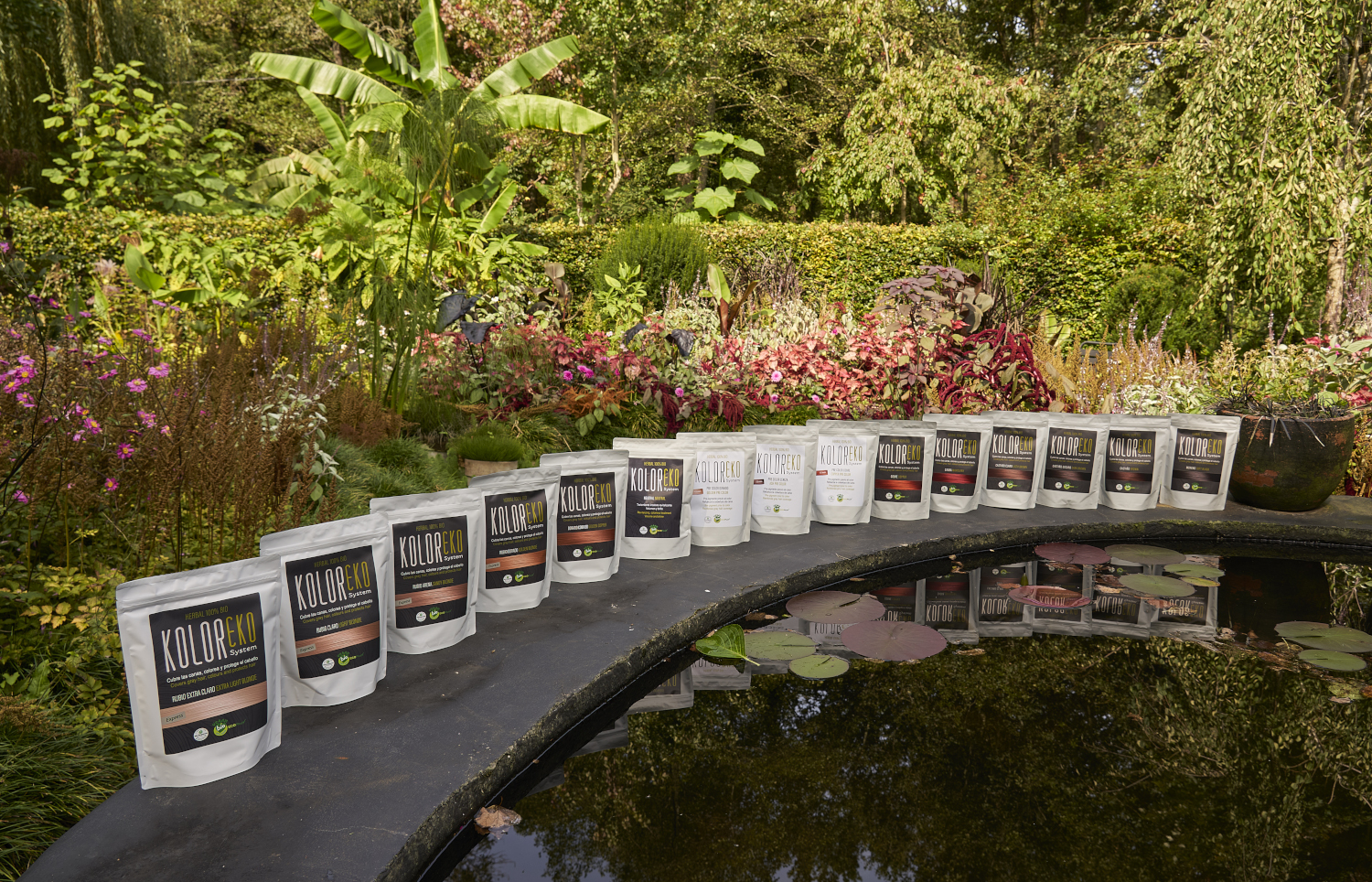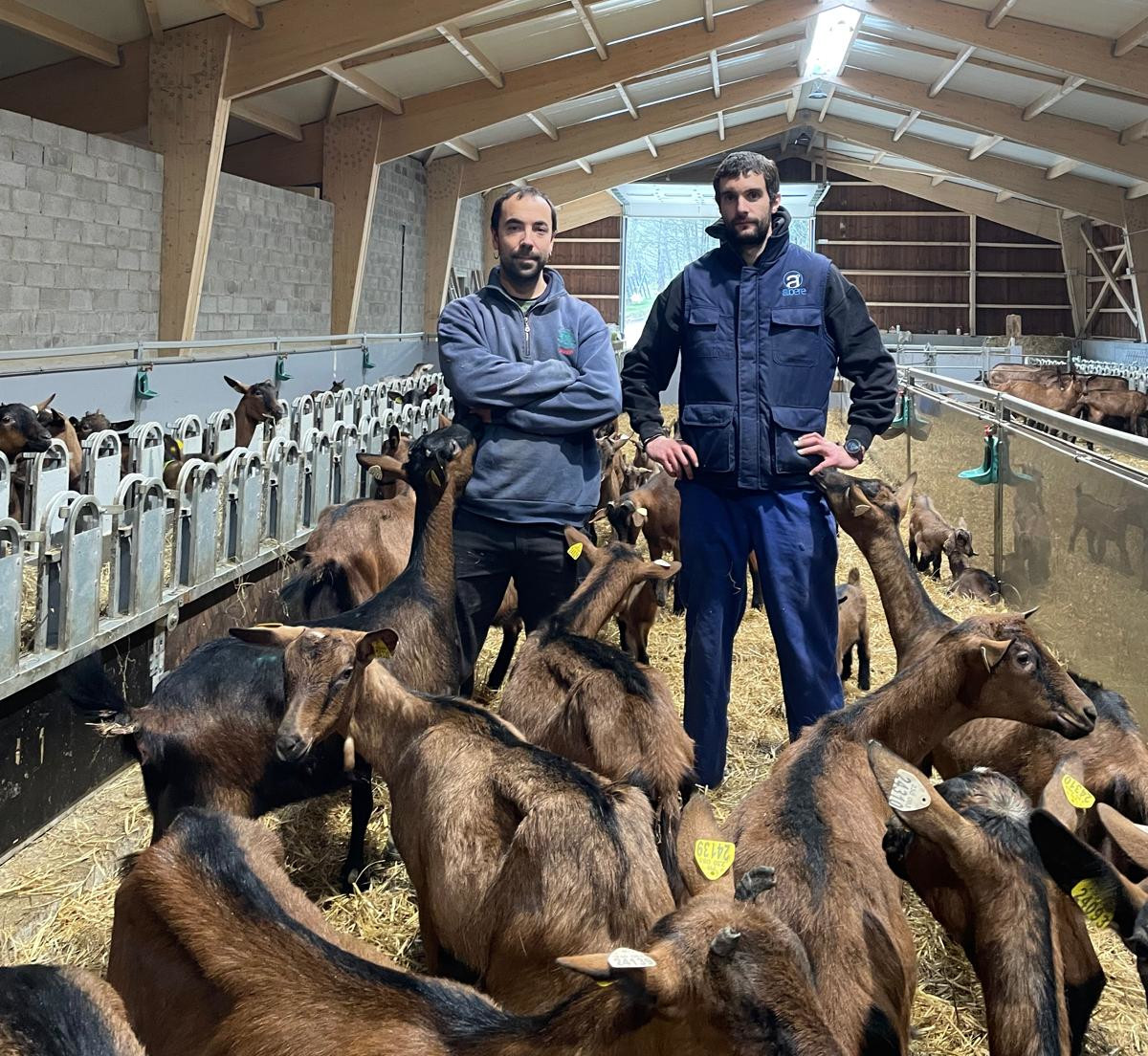Macro-project of Valdegovía: side damage to tomato consumption throughout the year
- In 2019, the locals and the local Movement for Sustainable Food received for the first time the news of the macro-greenhouse project they want to build in Valdegovía. It is a project for the production of tomatoes in an intensive and industrial model in the polygon of the Council of Tuesta in Valdegovía. They are still in the first phase, in the process of applying for permits, but many associations and citizens have already opposed the project. In Álava, for example, it is working intensively on the Sustainable Food Movement, which already existed in the past. José Ramón Mauleón went to the General Boards of Álava at the end of January to present the reasons that led them to it.

“In these gigantic greenhouses the intention is to produce tomato all year round: they put the plant in a bag where different substances are added. By hydroponics, the water with nutrients is poured into droplets,” explains Mauleón. What they want to build in Valdegovía is a model similar to the greenhouses that are known in Almería, but to a greater extent still. “We know nothing of that here, not even in the entire state. Today’s modern macro-greenhouses are used in the Netherlands, and one of them is the one you want to do here: they are over ten meters high and are built with glass and aluminum.”
Hispalus is the company behind the project, although to do so the owners have started the Crops Araba company. The Eroski supermarkets supply tomato, and one of the main reasons is that it is better to sell “on site” what was produced than what was brought from outside. “Vegetable production is opposed to sustainability outside of its time, and even more so on this scale: we have already seen the environmental disasters that have caused this type of agricultural macro-projects”. It was originally envisaged that the greenhouse project would occupy some 20 hectares, but since then there have been changes, and at this point it is not clear what area it would have. The movement has denounced the lack of transparency in the proceedings.

Precarious work based on
The other argument used by the project promoters to defend it is that it will create new opportunities for a region in a difficult working situation. But Mauleon believes that behind this cry is a trap: “We all know who and under what precarious conditions they work in the greenhouses of Almería. We, through small-scale and family-based agriculture, want to boost local rural development and are working towards it.”
If we want to avoid the implementation of these types of projects in our environment, we will need to completely rethink our consumption model. “It cannot be produced behind nature’s back: you cannot be eating tomatoes all year round.” In this sense, Mauleon denounced the lack of institutional involvement: “The scarce interest of institutions in agroecology is surprising. They are filled with fine words, but in practice it is an extremist model with large-scale, state-of-the-art technology.”
Duela lau urte abiatu zuten Azpeitian Enkarguk proiektua, Udalaren, Urkome Landa Garapen Elkartearen eta Azpeitiako eta Gipuzkoako merkatari txikien elkarteen artean. “Orain proiektua bigarren fasera eraman dugu, eta Azkoitian sortu dugu antzeko egitasmoa, bere izenarekin:... [+]
Donostiako Amara auzoko Izko ileapaindegi ekologikoak 40 urte bete berri ditu. Familia-enpresa txikia da, eta hasieratik izan zuten sortzaileek ile-apainketan erabiltzen ziren produktuekiko kezka. “Erabiltzaileen azalarentzat oso bortzitzak dira produktu gehienak, baina... [+]
Ubidekoak (Bizkaia) dira Imanol Iturriotz eta Aritz Bengoa gazteak. “Lagunak gara txikitatik, eta beti izan dugu buruan abeltzaintza proiektu bat martxan jartzeko ideia”, azaldu du Iturriotzek. Nekazaritzari lotutako ikasketak izan ez arren, baserri munduarekin eta... [+]
Iruñean bizi ziren Iñaki Zoko Lamarka eta Andoni Arizkuren Eseberri gazteak, baina familiaren herriarekin, Otsagabiarekin, lotura estua zuten biek betidanik. “Lehen, asteburuetan eta udan etortzen ginen eta duela urte batzuk bizitzera etorri ginen”, dio... [+]
Gipuzkoako hamaika txokotatik gerturatutako hamarka lagun elkartu ziren otsailaren 23an Amillubiko lehen auzo(p)lanera. Biolur elkarteak bultzatutako proiektu kolektiboa da Amillubi, agroekologian sakontzeko eta Gipuzkoako etorkizuneko elikadura erronkei heltzeko asmoz Zestoako... [+]
Emakume bakoitzaren errelatotik abiatuta, lurrari eta elikadurari buruzko jakituria kolektibizatu eta sukaldeko iruditegia irauli nahi ditu Ziminttere proiektuak, mahai baten bueltan, sukaldean bertan eta elikagaiak eskutan darabiltzaten bitartean.





















